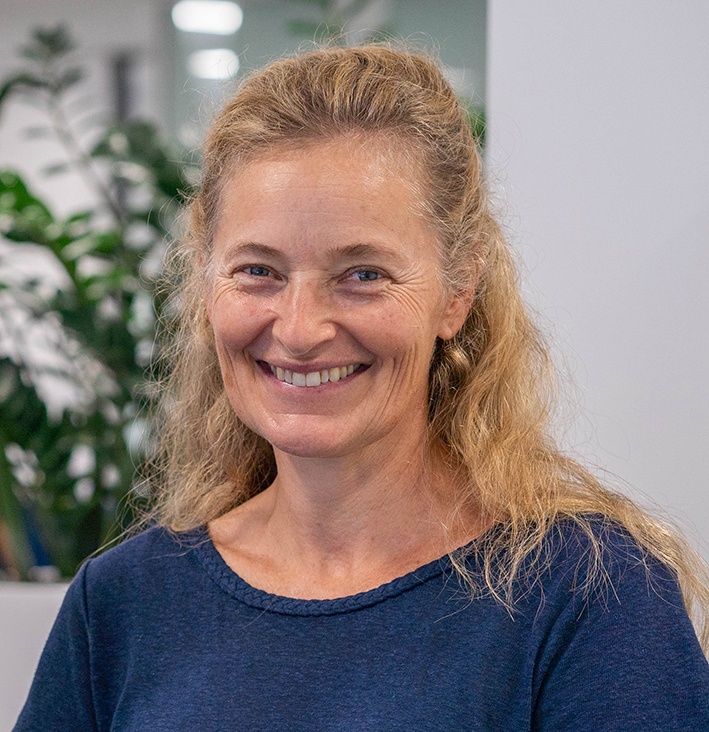E mihi ana ki a koutou katoa i tēnei wā makariri, ko te tumanako, kia mahana koutou i ngā hihi ō Tamanui te rā.
I hope this message finds you all well in this cold and that you are being embraced by the warmth of the sun.
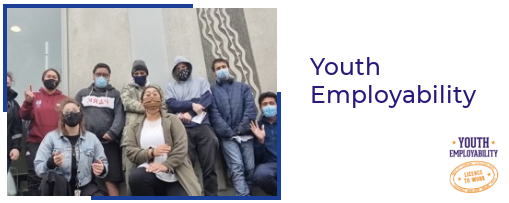
It was fantastic to see the YEP whānau taking such an active role in the YEA’s Aotearoa Youth Employability Conference 2022: Uniting for Change. It reinforced our extraordinary reach and profile in Aotearoa, and the subsequent responsibilities we undertake as sector leaders and change-makers locally, regionally and/or nationally.
Within this newsletter we unpack some of the key take-outs from the conference, including reminders of what’s important, acknowledgements of great work being done and the wider challenge of ensuring every rangatahi has access to the opportunities to achieve their full potential. Many thanks to all of you who contributed your perspectives to the korero. Your voices are appreciated.
As we navigate through the long stretches of white water that lie ahead, profound courage and innovative thinking will continue to be needed. I hear from everyone that people are exhausted, as challenges facing our young people seem to be growing increasingly complex. While the idea of holding tight until we get back to flat water is appealing, it’s unlikely to happen for a few years yet. I’m confident, however, that if we hold firm together as a rōpū and continue to build new approaches and skills, the constant anxiety of capsizing will diminish and be replaced by higher levels of confidence and competence. With a strong correlation between confidence and leadership, I believe this will only strengthen the impact our voice has in our regions and help us to progress and grow our sector.
The conference signalled a timely milestone for YEP, with a move towards a new beginning with Youthtown assuming a leading role in 2023. This is a big leap of faith for me, having grown YEP from its conception; however, the time is right to ensure YEP continues to grow and flourish. I’m hoping you will take some time over the next few months to review where we are up to as a rōpū and how you believe YEP should evolve and grow over the next 5–10 years. It’s important that Youthtown hears from you to enable them to best meet your organisational and regional needs and fulfil their servant leadership role. We look forward to having interesting discussions and debates at our annual hui in October.
Mā te wā
Shirley
The recent Youth Employability Aotearoa-hosted conference, Uniting for Change, created a forum to discuss how Aotearoa needs to progress youth employability and navigate better outcomes by having rangatahi at the centre of the conversation and solution.
The YEP whānau contributed to the day in multiple ways. We hosted 10 of the 15 regional hubs. They were in Te Kūiti, Taupō, Tairāwhiti, Papakura, Hutt Valley, Ōtautahi, Buller, Wairarapa, Marlborough and Manawatū. The hubs created great opportunities for networking and kanohi ki te kanohi kōrero (face to face conversations). Some comments from the hosts included:
- “The regional hub was a great opportunity to bring people together to listen and share thoughts on engaging with rangatahi and youth employability. A benefit of being in a room with people that live and work in the same community was the ability to relate to and understand the stories shared with us about youth employability and different experiences people have had in our community. Although most of our attendees knew each other, it was great to hear people discussing ways in which they can work together and tap into different networks to support young people to achieve their identified employability outcomes.” – Gill Higgins, Youthtown, Tairāwhiti
- “The hubs were awesome. They provided a wonderful way to meet new people and bring them into our space. The Keynote speakers were inspirational, and we had some in-depth conversations”. – Mary-Rose O’Loughlin, Buller REAP, Buller.
- “Brilliant day of learning and looking to the future – thanks Shirley and Jedi for all the hard mahi to make this happen for us all. I loved the wonderful stories and information from all the initiatives that were part of the Pecha Kucha presentations – you all great things in your communities for our rangatahi.” – Ali Black, Youth Inspire, Lower Hutt
- “It was great in boomtown hosting the hub, a good way to connect with others and see the bigger picture. Awesome listening to all the good Mahi for Rangatahi across the Motu. A great day of digging deeper.” – Jo Lane, Marlborough Youth Trust, Blenheim
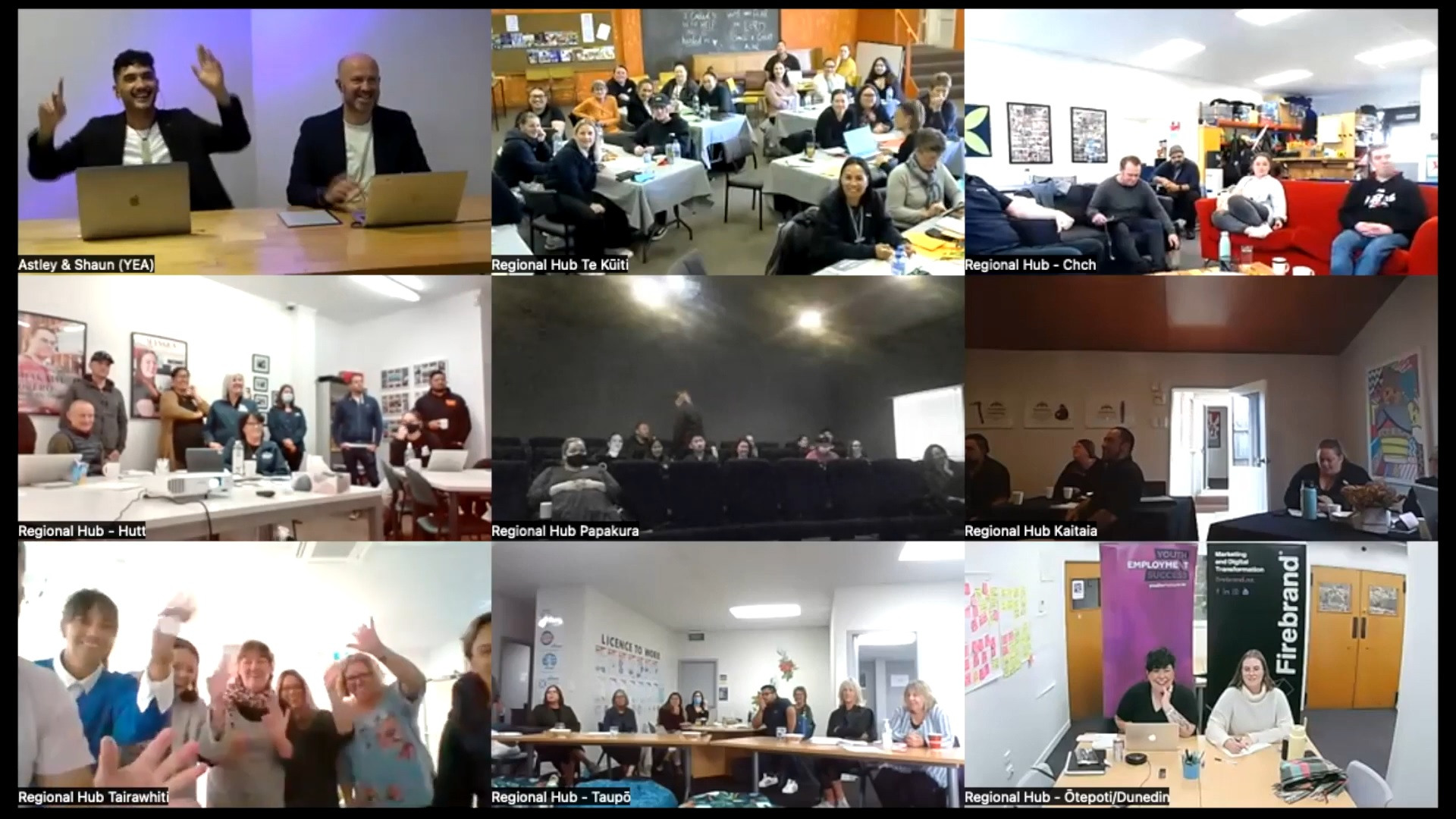
To begin the day, we had our very own Rosie Poharama-Hepi from Kaikōura open with a mihi whakatau and karakia, despite feeling unwell.
We also had five speakers from the wider YEP whānau presenting in the Pecha Kucha sessions, providing their insights in working with rangatahi:

Sonitani Kula
Creating and holding a safe sharing space for rangatahi tāne

Gaeleen Wilkie, Ahere Hapi, Kat Atkins
The practicalities and benefits of structured employability skill building for rangatahi

Laura Hatwell
Maximizing the use of data
The kōrero generated by the presentations and sharing from around the country provided important takeaways for us at YEP. They reinforced principles and practices we know work, and it provided useful wero (challenges) for us as we move forward, including:
- Education needs to incorporate and focus on the world of work and skills, with less focus and emphasis on credits and qualifications. How do we best advocate for this?
- The integration of Te Ao Māori values and practices into YEP is key to achieving greater equity and diversity in our workforces. What actions are we taking to challenge stereotypes that channel Māori and Pasifika into lower skilled and lower paid jobs?
- Intergenerational poverty and benefit dependence have lasting impacts on our young people. How do we be more aware and responsive to the physical, emotional, and mental barriers these backgrounds create for our rangatahi?
- Our young people's self-worth and confidence are too frequently damaged by mainstream narratives and recruitment processes that under-value rangatahi perspectives and contributions. What is needed to challenge these narratives?
We welcome your thoughts on how to evolve our future view to incorporate and tackle these issues to help deliver positive change.
We have sought out the opinions of a selection of our experienced members of our YEP whānau on key issues facing our sector. You may or may not agree with their positions. However, it is my belief that we need to keep discussing and debating the issues of the sector so we can find solutions to the challenges we all face.
Rangatahi voice – Why is it so important?
Sonitani Kula from Youthtown Auckland is passionate about providing the opportunity for rangatahi to have a voice. He provides some insight into the importance of creating the best environment for this to happen in.
Soni highlights the three things that are important to rangatahi as they look to enter the workforce, where we need to create more opportunity to create a stronger voice for rangatahi.

Priority alignment
We asked Jo and Maxine in Marlborough whether YEP’s 2022–2023 priorities align with the wider sector’s priorities and are useful. They provided information on:
- Advocating for greater investment in the Youth Education sector and financial sustainability for providers
- Priorities the building of rangatahi voice into our policies and practices
- Give focus to increasing the value of the YEP whānau, increased connecting and sharing
- Prioritise our future on diversity, inclusion and cultural capability
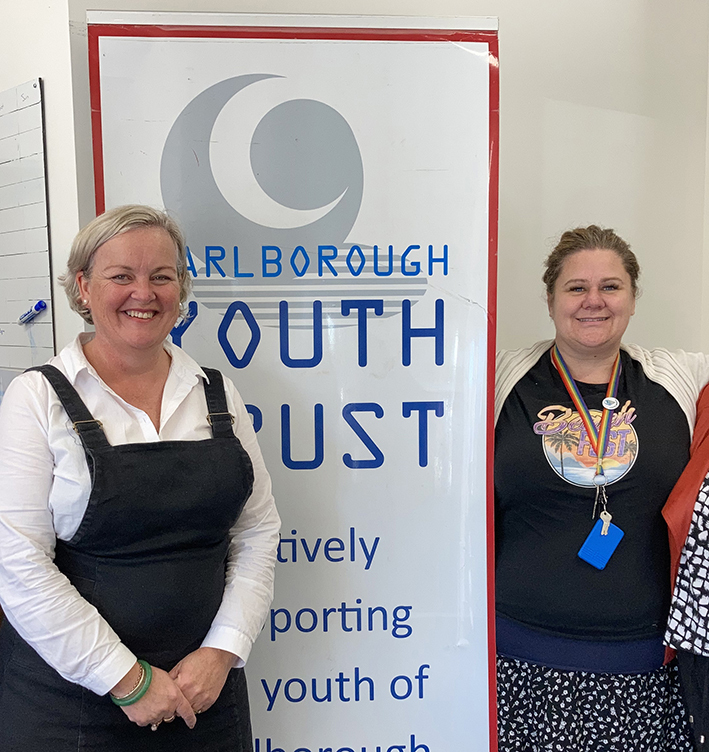
Equity, diversity, inclusion and cultural capability
We spoke to the team at Te Hā o Mātauranga – Learning in Kaikōura about ways to increase diversity, cultural connection and how to work towards a more equitable playing field for all rangatahi to flourish and grow.
They provided their point of view on:
- The importance of a cultural identity and self-worth
- Future focused opportunities to bridge the gap
- Increasing the diversity of leaders in every sector at every level

Employers role in developing the youth sector
How do we support employers to engage more with rangatahi and in turn prepare young workers to enter the workforce and make sure they succeed? This is a question that was prominent within the Uniting for Change conference. Two people with direct influence and experience — Alison Black from Youth Inspire and Gaeleen Wilkie from Taupō Pathways — offered up their insight. This included:
- How do employers create a more youth-friendly work environment?
- What are the barriers?
- How do we sell employers on the benefits of employing local young people, creating local talent and loyal local employees for the long-term?
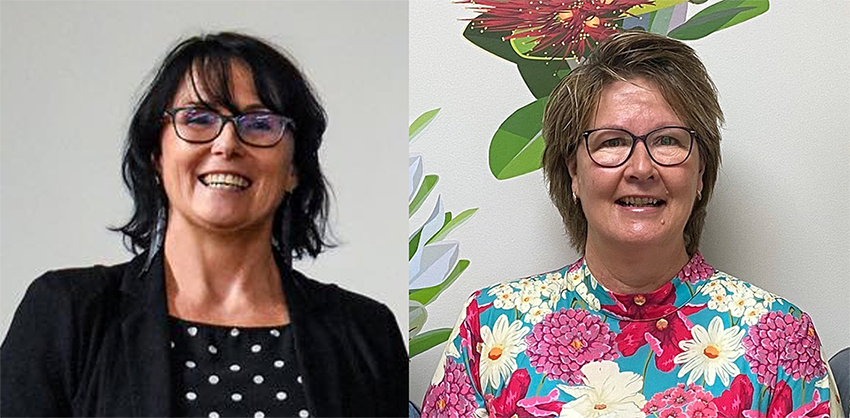
Mitigating the impacts of intergenerational poverty
As one participant from the Uniting for Change said, “Intergenerational poverty and benefit dependence have lasting impacts on our young people”.
The team at Number Twelve agree wholeheartedly with this sentiment and provided some thoughts on how to help combat intergenerational poverty and the many variables that must be considered if we are to truly address the issues in front of us.
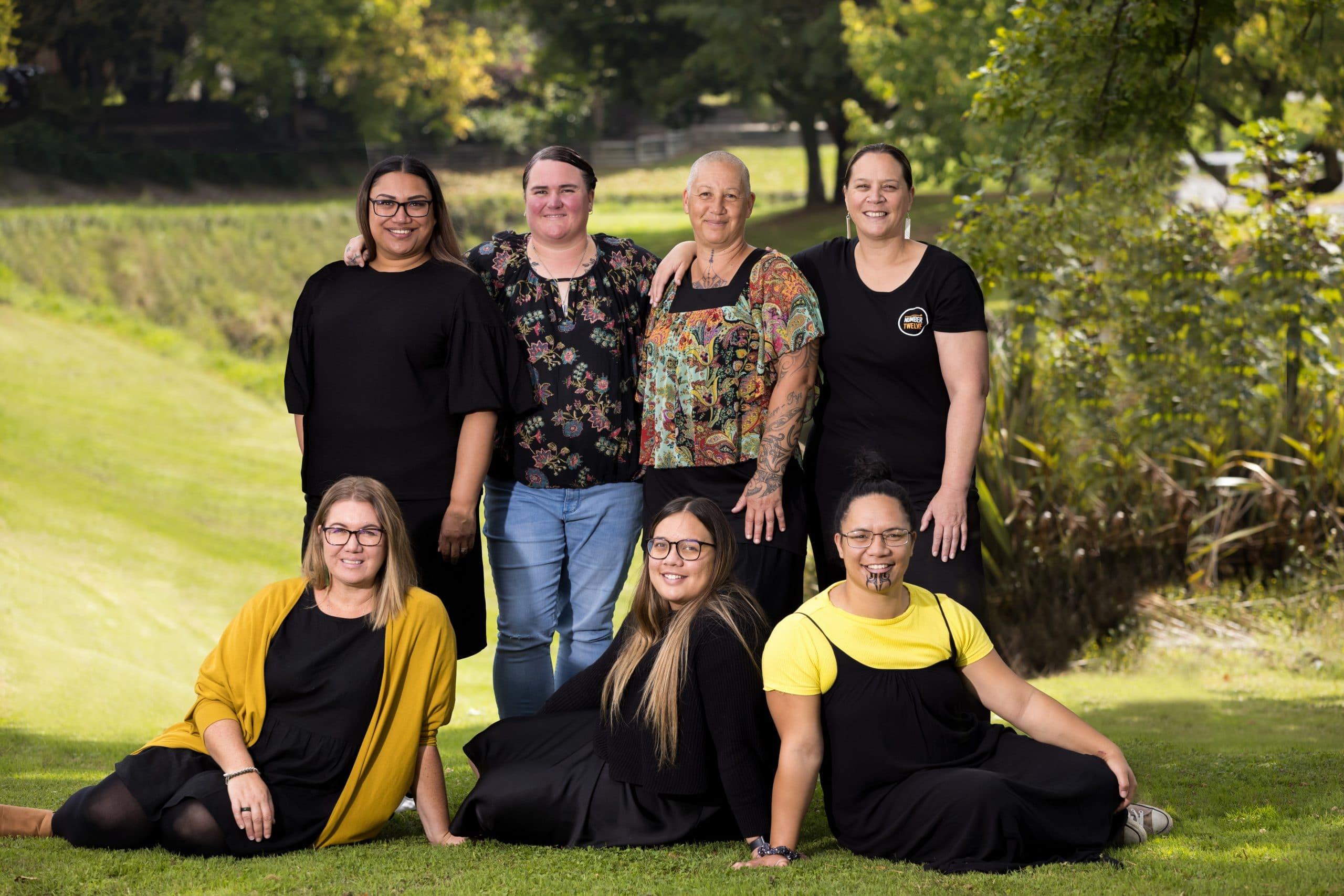
Funding issues impacting youth employability
Fay Amaral, CEO at Youthtown, provided insights from the conference on funding issues and opportunities and the need for providers to have more long-term certainty. Topics included:
- How we financially support our rangatahi to remain in education
- The role of employers and how they can better support rangatahi
- The crucial need for long-term funding for providers
